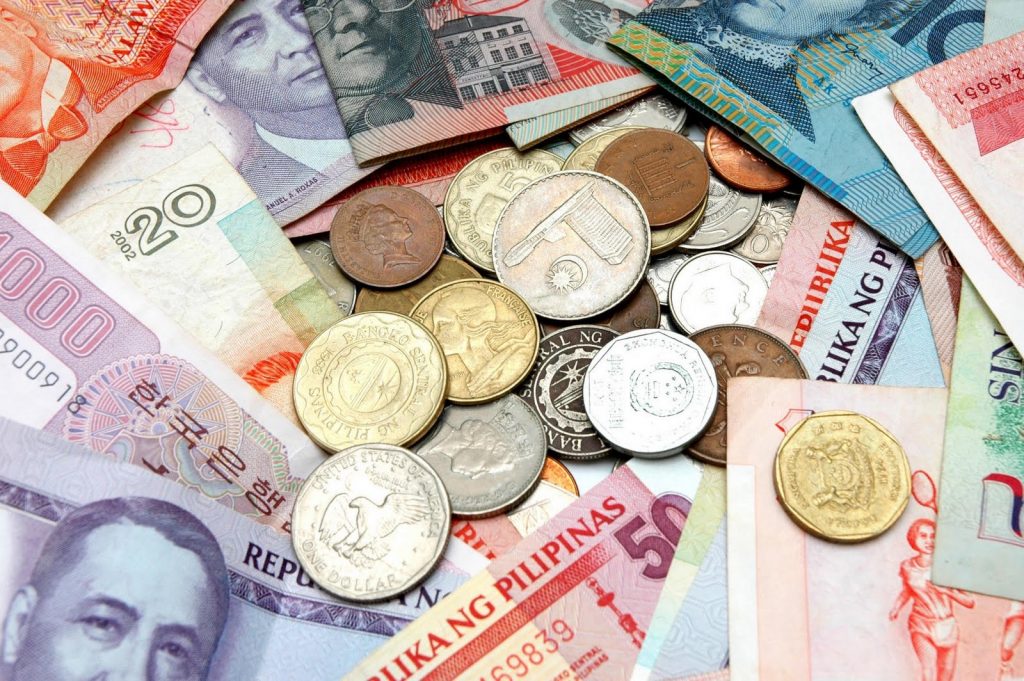Ad Blocker Detected
Our website is made possible by displaying online advertisements to our visitors. Please consider supporting us by disabling your ad blocker.
 Let’s start with a basic assertion; the forex market is the single most volatile financial entity in the world.
Let’s start with a basic assertion; the forex market is the single most volatile financial entity in the world.
It can also be one of the most rewarding, however, particularly if you are able to combine insight and determinism to cultivate the ideal strategy.
One tactic that has become increasingly popular since the Great Recession is trading emerging market currencies, as this expands investor horizons and creates greater flexibility. The question that remains is whether this is a viable option in the current climate, as the world continues to reel against a backdrop of economic, social and geopolitical tumult.
Are Emerging Economy Currencies Viable Investment Options in 2017?
For what seems like generation, the U.S. Dollar (USD) has been the dominant currency in the global market. In fact, it accounts for between 40% and 80% of all transactions (across various categories), while its prominence has become even more pronounced during the last 20 years. This evolution and sustained level of growth has impacted a number of emerging economies hard, with the Russian ruble, the South African rand and most recently the Mexican peso falling to record lows against the USD.
Interestingly, the only reversal to this trend came during the peak years of the Great Recession, when developed economy currencies depreciated at a considerable pace. This precedent actually offers hope for emerging market currencies at present, as the developed world continues to be plagued by economic and geopolitical uncertainty while growth returns to key emerging markets like Brazil and Russia.
Not only this, but the financial proposition offered by emerging market currencies remains at its optimal level at present. Despite the burgeoning rebound in nations like Russia, for example, the ruble and similar currencies remain relatively low priced in the marketplace. They are at the point at rebounding, however, meaning that they are set to grow in value and deliver a viable return in the near-term.
So, even though Morningstar’s multi-currency fund category is showing an increased return of just 3% this year, it is thought that funds favouring emerging market currencies are up by an estimated 6.5%. Check out Hantec Forex Trading for more information
The Bottom Line
While it is tempting to demonise currency trading during times of geopolitical and economic volatility, this does not do justice to the depth and diversity of the forex market. It also fails to recognise the derivative nature of currency, which enables traders to negate the burden of ownership and profit even in a depreciating market.
When you also consider the renewed growth and value that have recently gripped emerging market currencies, this type of financial investment make sense in both the near and the longer term.



